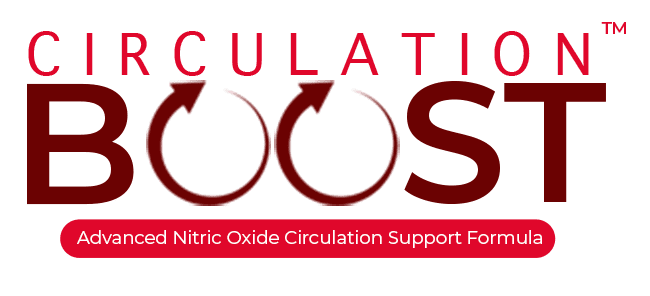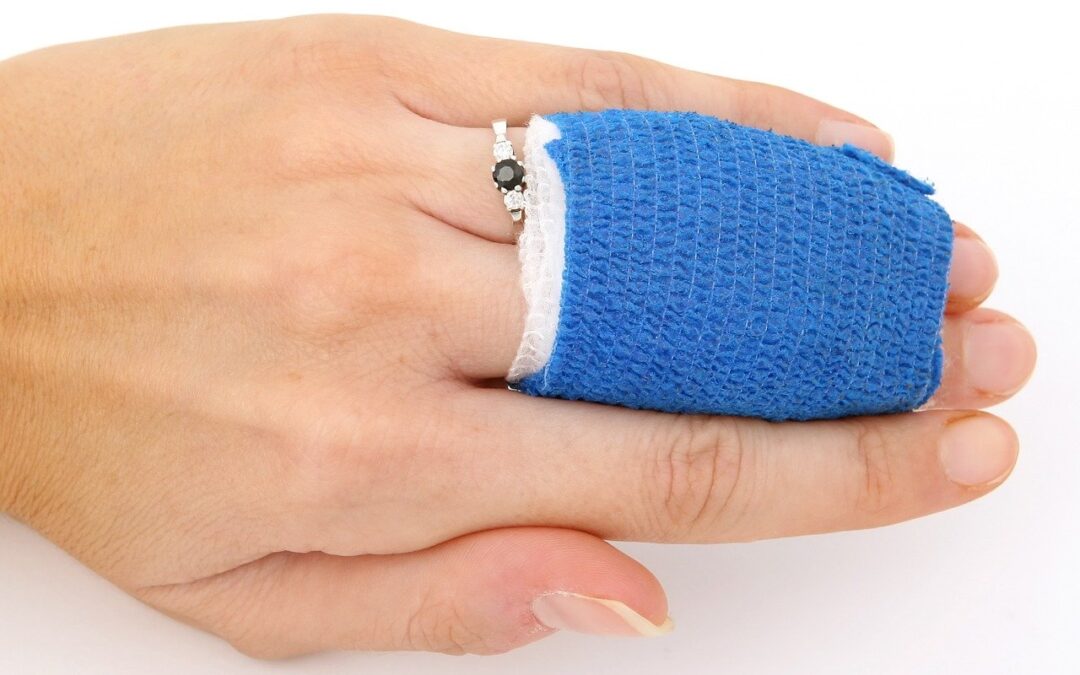Everyone gets cuts and scrapes every once in a while! Minor wounds are easy to take care of—you just need to know how. Here are some wound care steps to make sure that you’re taking care of your minor wounds!
Types of Minor Open Wounds
Abrasion
Abrasions occur when your skin runs or scrapes against a rough surface. Usually, these types of wounds don’t bleed much, but they still need to be cleaned and disinfected to avoid infection.
Laceration
Laceration is a deep cut or tear in your skin. Cuts from knives, tools, and other sharp objects often cause lacerations. Usually, these types of wounds bleed quickly and intensely.
Puncture
Puncture wounds are what they sound like. A small hole is caused by a long, pointy object. Puncture wounds might not bleed a lot, but you might need to get medical attention.
How Do I Take Care of My Wound?
Most minor wounds can be treated at home without professional medical attention. However, you need to take a few steps to make sure that you’re caring for it properly.
Wash and Disinfect the Wound
The very first thing you need to do is wash and disinfect the wound to remove all dirt and debris. If the wound was caused by metal, you might need to think about getting a tetanus shot.
Cover or Wrap the Wound
Once the wound is clean, it is important to cover or wrap it well so that it doesn’t get dirty again. Always use a sterile dressing or bandage. Keep the wound dry and clean for at least five days.
Take Pain Relief and Wound Supplements
Most wounds are accompanied by a little bit of pain. To manage the pain, take acetaminophen or ibuprofen. Avoid taking aspirin as it can cause prolonged bleeding.
Some supplements might actually speed up wound healing. L-arginine, Vitamin C, and grape seed extract might be effective in speeding up wound care.
L-arginine is a great choice for a wound supplement. This amino acid helps open up the blood vessels and allow for increased blood flow. This can speed up the healing process.
A 2014 study published in the journal, Advances in Wound Care, concludes, “Thus, arginine appears to improve wound healing through a variety of mechanisms involving secretion of growth hormone and IGF-1, the effects of NO and polyamines, and increased synthesis of proline and hydroxyproline.”
Circulation Boost
Circulation Boost is an all-natural amino acid supplement that contains 5110 mg of l-arginine. This supplement comes in an easy-to-use, berry flavored powdered formula that dissolves easily in water. It also comes with a money-back guarantee, so if you’re not satisfied with your results, you get your money back.
Try it out today. You can find it here.
When to Get Medical Treatment
According to Healthline, you should see a doctor if:
- an open wound is deeper than 1/2 inch
- bleeding doesn’t stop with direct pressure and lasts longer than 20 minutes
- bleeding is the result of a serious accident
In addition, you need to look for signs of infection. Puncture wounds, bites, wounds located on the hand, foot, leg, armpit, or groin, and dirty wounds are more likely to get infected.
An article from Fairview describes the first signs of infection:
- Yellow, yellow-green, or foul-smelling drainage from a wound
- More pain, swelling, or redness in or near a wound
- A change in the color or size of a wound
- Red streaks in the skin around the wound
- Fever

